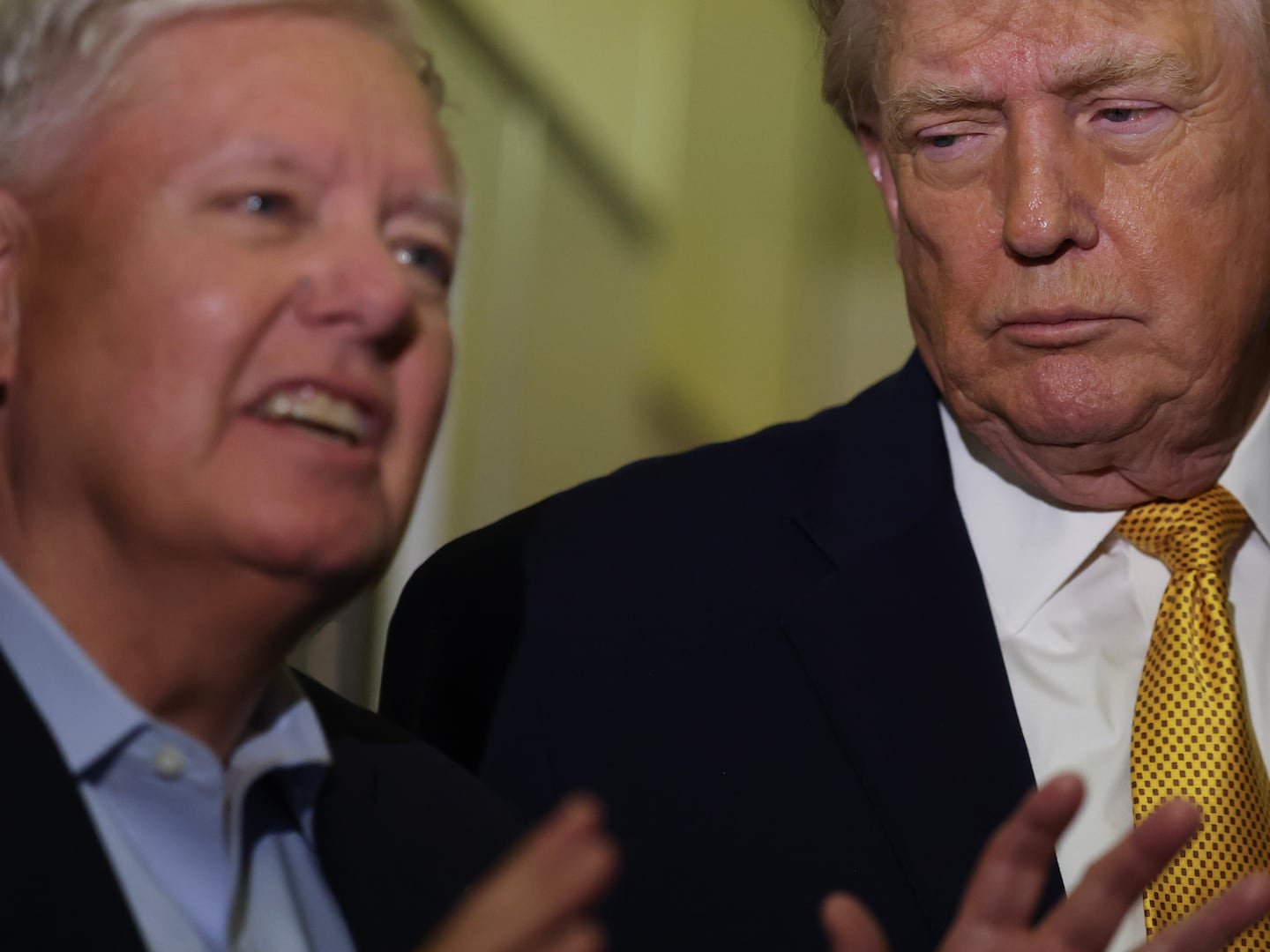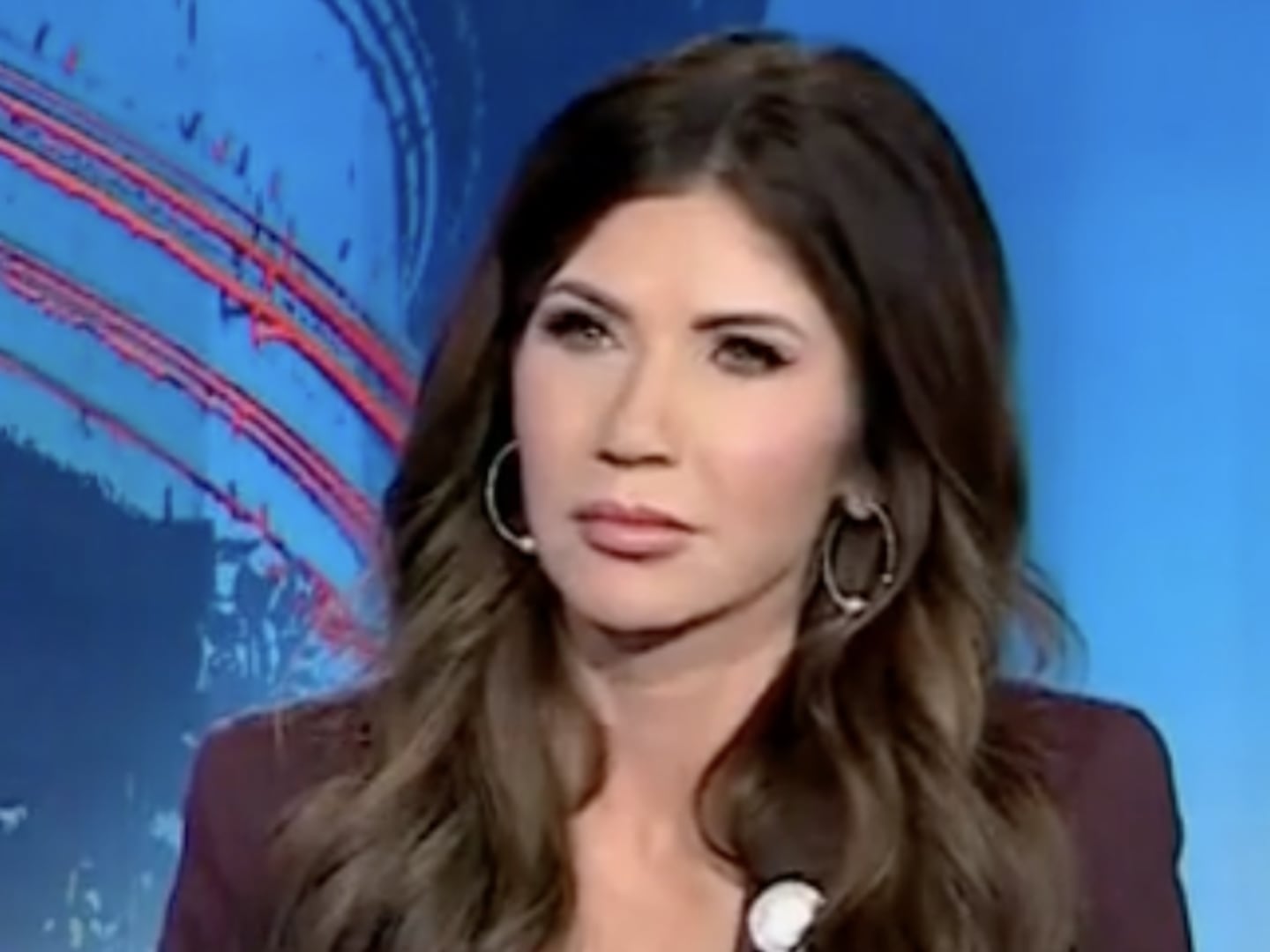I’m not convinced this country likes Labor Day. We have, after all, given it an alternate identity.
As a kid, I remember more than one adult rushing to explain that the holiday symbolized the end of summer. This confused me, because even at 8 I knew that summer extended three weeks into September, and the name of the occasion had nothing to do with closing beaches or making me go back to school. And it just didn’t make sense: who would want to celebrate something as painful as the end of summer? That seemed like poking at a bruise.
Maybe we have redefined Labor Day to forget its violent origin: in 1894 President Grover Cleveland convinced Congress to rush approval of the federal holiday just six days after U.S. marshals broke a strike, killing workers at a railroad-car factory in Pullman, Ill. Seeking reelection, the president needed to calm angry workers across the country, and Labor Day was the sedative he offered. Since then, we’ve learned to distract ourselves from blood in the streets with mandates to retire white linens, close the barbecue pit, and zone out to the first kickoff on the big screen.
I’m telling you, we don’t like this holiday. Maybe it’s because our capitalist-driven democracy has always been reluctant to over-empower, over-glorify labor: when choosing a date for the holiday, President Cleveland and Congress made sure they maximized separation from May Day, lest the celebration bear the scent of a socialist movement.
We do not know how we feel about labor in this country, how we define it—and we certainly do not know if we want to celebrate it together. Our political leadership was at odds with labor when the holiday was born and the antagonism has endured—from President Reagan and the striking air-traffic controllers in the summer of 1981 to the thousands of demonstrators who filled the state Capitol building in Madison, Wis., during the icy temperatures of February 2011.

Not long after Gov. Scott Walker’s government-repair bill, which limited collective-bargaining rights for unions, was pushed through the Badger State legislature, I spent the summer driving across the country to interview workers who had become unemployed in the previous five years. I spoke with those who had their jobs taken away against their will because of economic conditions beyond their control. I asked each person for their definition of “work.” Who better to define labor than those who had it taken from them?
Answers varied endlessly while still sharing a spectrum of themes, and nearly everyone expressed ideas and emotions beyond the obvious connotation of a paycheck. In fact, I asked more than 200 people for a definition, and exactly one person used the word “paycheck.” All others—some who had gone without food or shelter or both—had other things on the mind.
Bob Bendig, a 51-year-old private investigator who eliminated his own position by closing the Pittsburgh security company he started decades earlier with his brother, told me he had big shoulders. Then he gave an unflinching definition: “Purpose. Work is purpose.”
Rafael Rameriez, 30, formerly a firefighter in Camden, N.J., exposed his eyes just below the brim of his baseball hat and defined work with a relentless stare and a single word: “responsibility.”
John Jerome Welshans, Jr., a union electrician from West Virginia, drove all the way to Utah for a job and was laid off upon arrival because the construction contract had just been canceled. The 57-year-old used his fingers to enumerate a list of three tangled definitions: “Security. Pride. Something we don’t have.”
Roni Chambers, a 55-year-old human-resources executive in St. Louis, spent nearly two decades hiring thousands of employees then was instructed to lay off 200 of them in one day. After she finished those responsibilities, Roni was laid off by her own boss. She told me: “My work is about nurture—that’s what I do.”
After being laid off from the Kansas City, Mo., revenue department, Granketha Major had a hard time getting up in the morning. She told me that work is “a place to be every day,” and when the 41-year-old added that she was contemplating moving back in with parents, I understood that she needed a place to go in more ways than one.
Dale Harris, 64, labored in places where workforces are known as brotherhoods, first carrying a portable phone through the battlefields of Vietnam, then patrolling the streets in and around St. Louis as a cop. After several rounds of unemployment he secured—with gratitude—a graveyard shift as a private guard at a nuclear-waste site. “Work is producing something that’s of benefit to someone else,” he said. “My dad had once said to me, he said, ‘Son, the world owes you nothing. You owe the world.’”
In Fresno, Calif., James Morrison, a 25-year-old former subprime-mortgage broker with a rock star’s name, told me he did not want to return to his old profession after seeing the destruction it caused. His perspective had changed, and suddenly work meant much more: “Life is work. Everything about life is work.”
In the end we may be inseparable from our work. Even on Labor Day, while we bask in the blinding sun one last time.






